Industrial washing / Articles
Invisible enemy: how microbiological analyses protect the health of people and businesses
Microbiological analyses prevent serious public health problems. But they also protect another indispensable good: consumer confidence. They should be part of any organization’s routine.
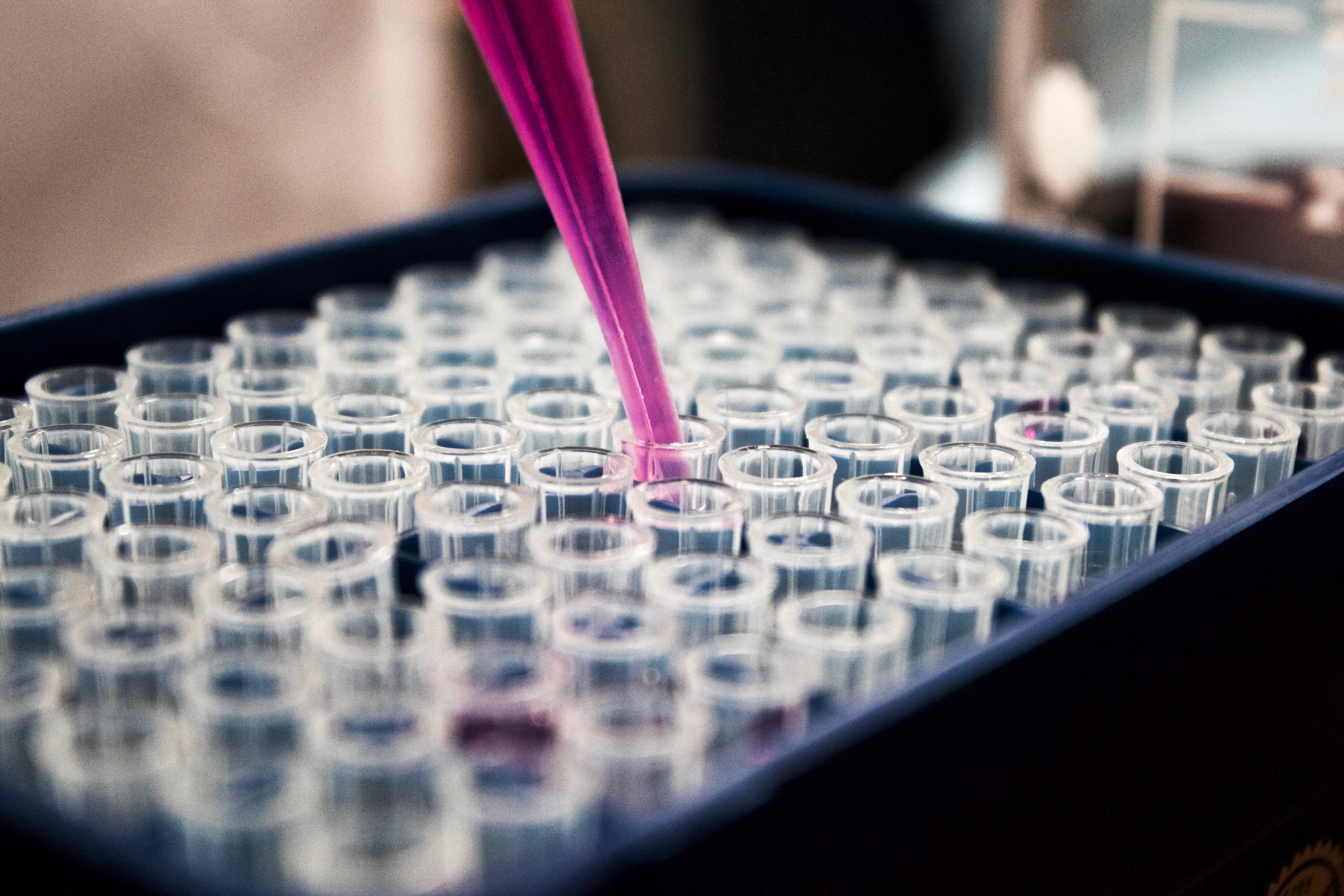
 9 minutes of reading
9 minutes of reading
2021-09-02 13:44:04
Microbiological analyses prevent serious public health problems. But they also protect another indispensable good: consumer confidence. They should be part of any organization's routine.
In the shadow of the snowy Himalayan peaks, the Ananthanar canal in India cuts through nearly 30 sinuous kilometers. Thousands of people depend on it every day, to cook, wash utensils, and to cool off in the summer heat. But this river, which for centuries was a source of life for the surrounding villages, is now a wasteland.
The warning came after microbiological analyses detected an invisible enemy: fecal microorganisms and E.coli concentrations so high they put human health at risk.
What are microbiological analyses?
Bacteria are organisms found naturally in lakes and rivers. Most are harmless to humans, but some, notably those that inhabit the digestive system of warm-blooded animals, have the potential to cause serious diseases.
This is an insidious enemy. The appearance, taste or smell of water alone are not enough to say whether these organisms cause diseases. Microbiological analyses are the only reliable way to know if water is safe and potable.
One of the most common test methods is counting bacteria. The process is relatively simple: scientists extract samples and transport them to a laboratory. Then, they incubate those samples for a variable period and test them with the presence of a reagent. In the end, they count the number of bacteria (or "colonies") of each type and compar it with the values deemed acceptable.
For example, E. coli contamination is caused by adding urea substrate to water samples. Then, samples are incubated for 24 hours, at a steady temperature of 35ºC. After this period, scientists count the number of yellow and brown colonies.
Most countries impose zero tolerance for bacteria such as E.coli in drinking water. This is because E. coli can cause diseases such as meningitis, septicemia, urinary and intestinal infections. In extreme cases, E. coli can be fatal for young children and the elderly.
Microbiological analyses in the small Ananthanar canal revealed what many suspected, but no one could prove: E. coli values were in the order of 160 MPN per 100 ml of water, which made the river a major risk to public health.
Outbreaks such as this are not something of the past, nor are they reserved solely for developing countries. They happen all over the world and even the most developed countries are not immune.
Why are microbiological analyses important?
In the first half of 2021 alone, the Center for Disease Control (CDC) reported that the U.S. had one outbreak of E.Coli, 4 cases of Salmonella and another of Listeria–and counting.
But few cases had as much media coverage as that of 2017 at the soybean processing company, Soy Nut Butter Company. The incident forced the CDC and the Food and Drug Administration (FDA) to launch a joint investigation.
Because of the investigation, the company withdrew a first line of products from the market, in a recall that involved thousands of customers. But as the outbreak spread to more and more people and places, managers quickly realized that the origin was the lack of hygiene in the production chain. The final report showed that the absence of preventive processes, such as regular microbiological analyses of the water used for washing, was one cause.
In March 2017, a few months after the first case, the company announced the recall of the remaining production, in a process that caused $12 million in losses. Shortly thereafter, the Soy Nut Butter Company closed its doors permanently, having been unable to regain consumer confidence.
No company is immune to the consequences of poor hygiene. All over the world, the reappearance of infectious diseases of viral or bacterial origin surprises scientists, with devastating consequences for local populations.
Combating the spread of these diseases is everyone's responsibility. Organizations operating in sectors of great public health influence–restaurants, hotels, hospitals, pharmaceuticals, food processing and retailers, among many others–play a sizeable role. This is where the implementation of preventive processes, such as regular microbiological analyses, produces greater benefits.
Winning the war on infectious diseases
From regular testing to reviewing the washing process, there are many ways to prevent the appearance and spread of bacteria. These are some of the most effective.
Regularly test water
Implementing routine microbiological analyses could have prevented the fate of Soy Nut Butter Company's or Chipotle, the fast-food chain that settled in court with over 100 customers who became infected with E. coli in 2015.
To avoid these situations, companies should regularly test the water used in the installations with microbiological analyses in specialized laboratories. The recommended frequency of testing in the food area is every three months. Samples should be kept cold and delivered to the laboratory within 24 hours of sampling.
The cost may vary depending on the lab and the number of parameters to test. If the test results reveal bacteria, the water is not safe. That means people cannot drink it but also that operators should not use it to wash utensils such as cutlery, plates, or trays.
Wash at high temperatures
Washing at temperatures above 85°C is the safest way to eliminate bacteria from utensils. This procedure sterilizes utensils and readies them for any type of use.
Using high temperatures also reduces the need for detergent. Detergents have chemicals that remain in utensils after washing and can enter the human body through skin contact or inhalation.
Decarbonize to eliminate bacteria
Decarbonization is one of the most demanding and essential washing processes to keep food safe and prevent bacteria from growing.
Because of the high temperatures at which industrial kitchens operate, whether in stoves or ovens, surfaces of utensils gain carbon residues and accumulate layers of burned fat. Decarbonization eliminates them. State-of-the-art washing equipment offers this option among pre-defined programs.
Filter water
Water filtration helps eliminate pathogenic microorganisms. To be effective, the filtration system must be certified and properly installed, with regular maintenance and replacements according to the frequency showed by the manufacturer.
Prevent cross-contamination
Cross-contamination occurs whenever bacteria from a particular work area are transported by humans. It occurs, for example, when a knife used to cut raw meat is employed on cooked food, without first being properly sanitized.
To prevent the spread of bacteria, it is important to establish clear procedures for washing utensils and empower teams with equipment to do so.
Somengil, for improved food safety
Infectious diseases cause over 700,000 deaths a year worldwide. The cumulative cost of these diseases to the economy exceeds 100 trillion dollars. Combatting these diseases is everyone’s responsibility.
At Somengil, we develop industrial utensil washing machines that help combat the spread of bacterial diseases. Our washing machines reach high temperatures above 90°C to eliminate bacteria.
Before each installation, we frame each equipment in the existing workflow to minimize food safety risks. Our advanced filtration system minimizes the likelihood of microorganisms passing into the washing system. Schedule a webinar and see the difference.
You may also like
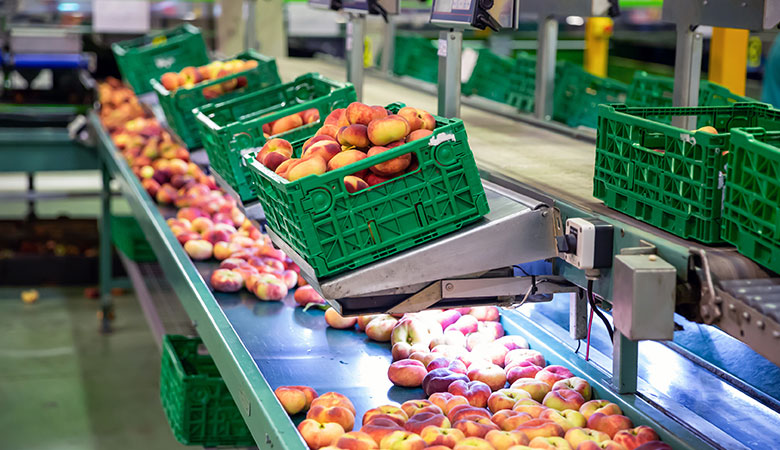
Industrial washing / Articles
Box washer: 8 tips for choosing
It is essential for food safety, quality and efficiency. Learn how to choose a box washer.
Posted in 2023-07-20
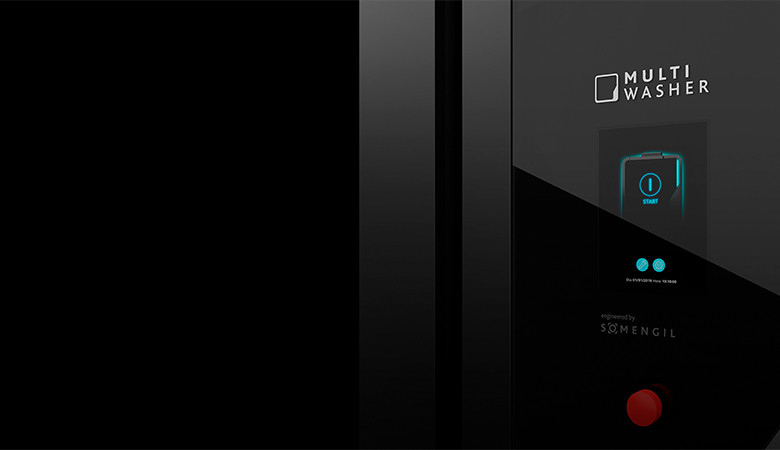
Industrial washing / Articles
Drying systems: what are they and how to choose one
Discover the real impact of drying systems in your everyday operations and know how to pick one.
Posted in 2024-12-13

Industrial washing / Articles
Are “sustainable” supply chains real?
Investing in a sustainable supply chain can change a company’s environmental impact as well as its bottom line.
Posted in 2024-07-11
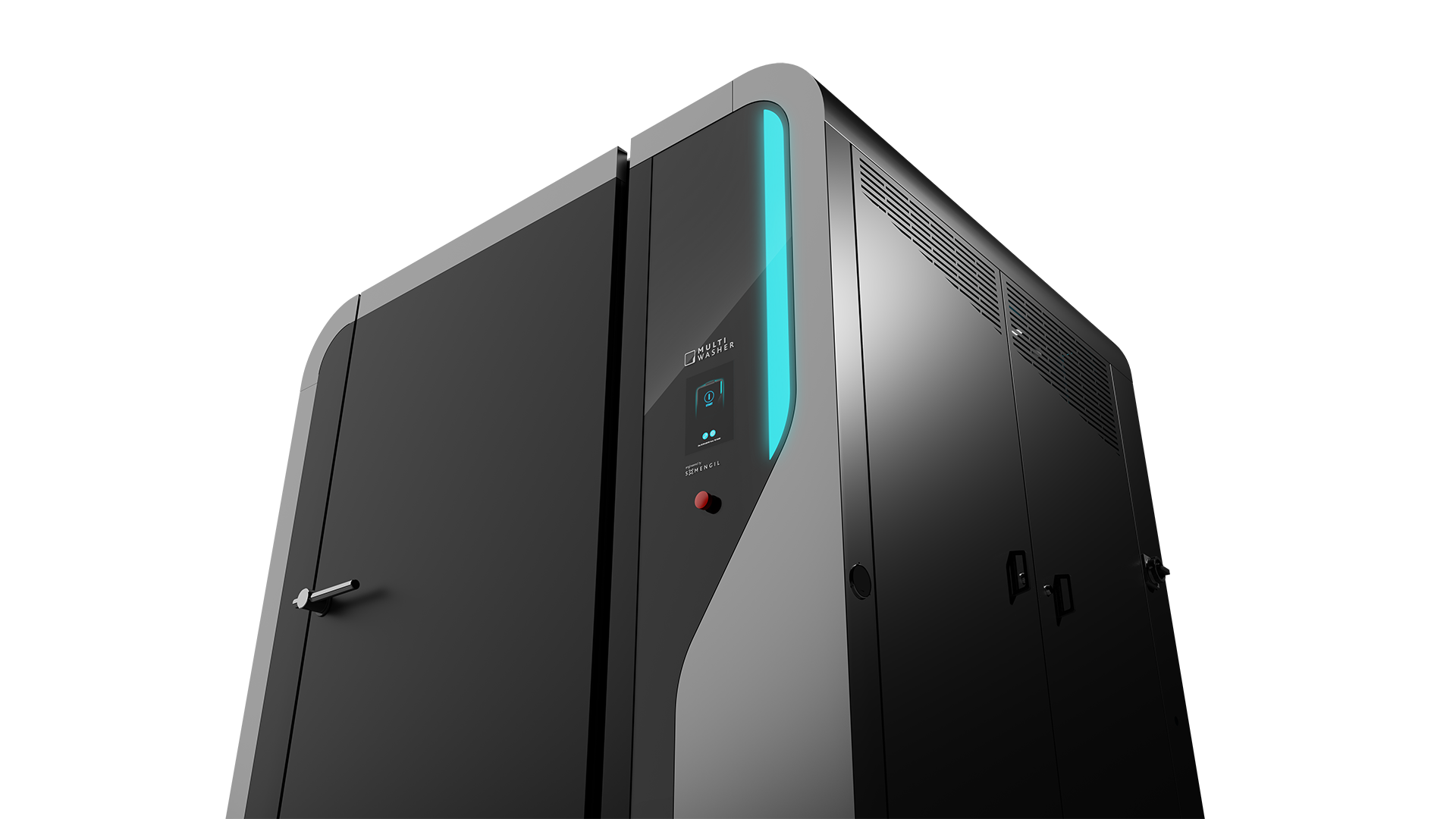
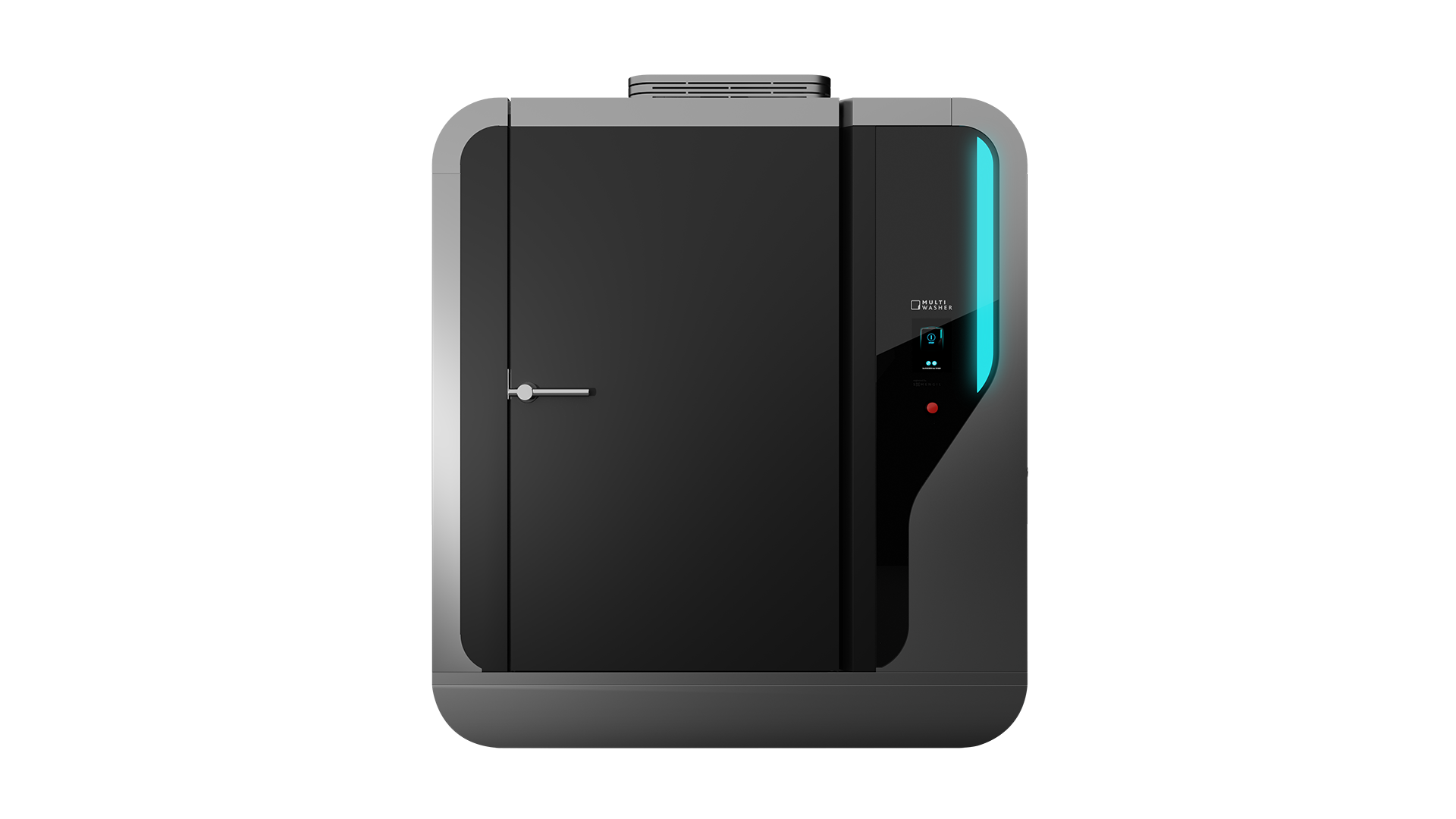
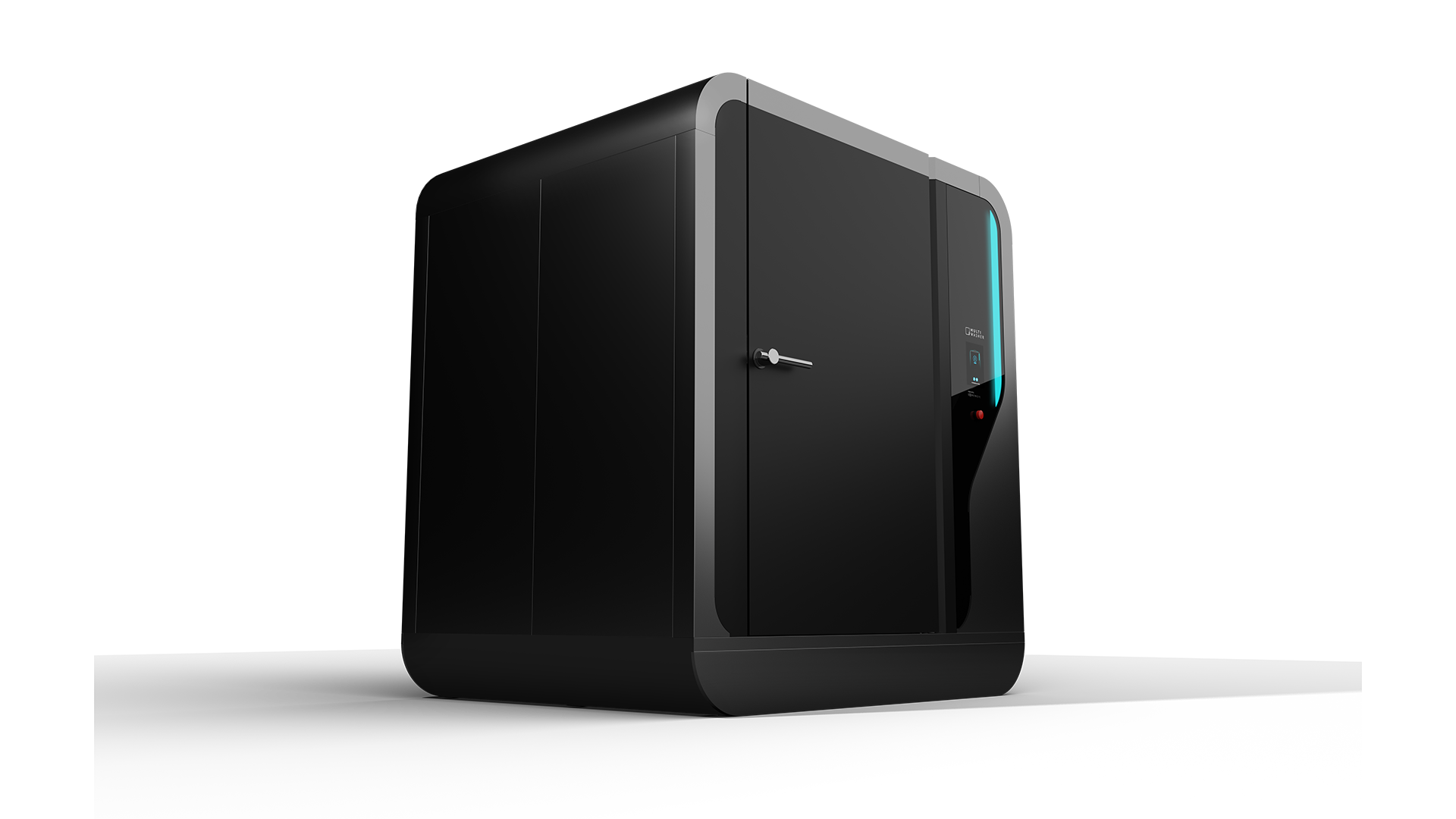
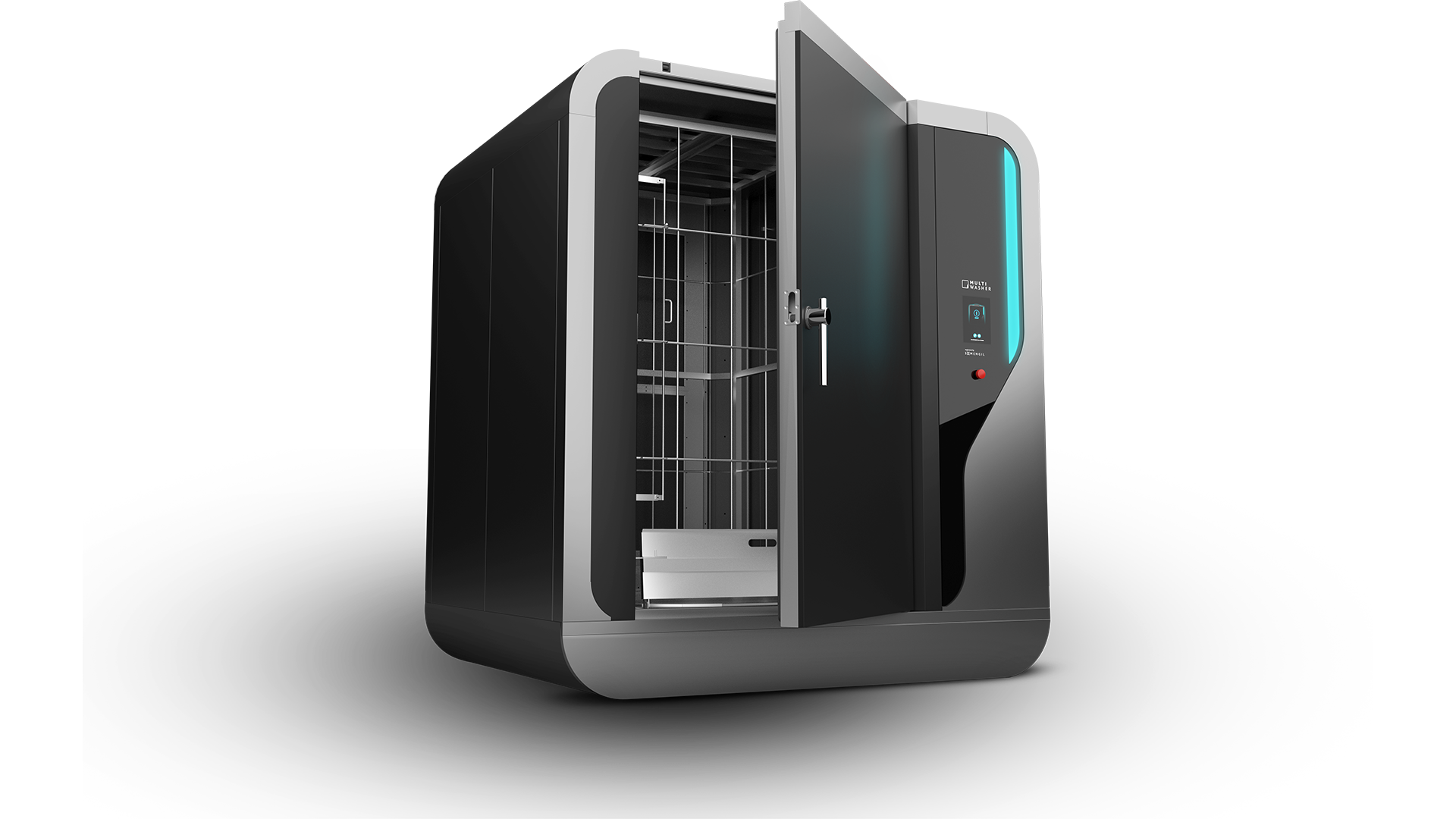
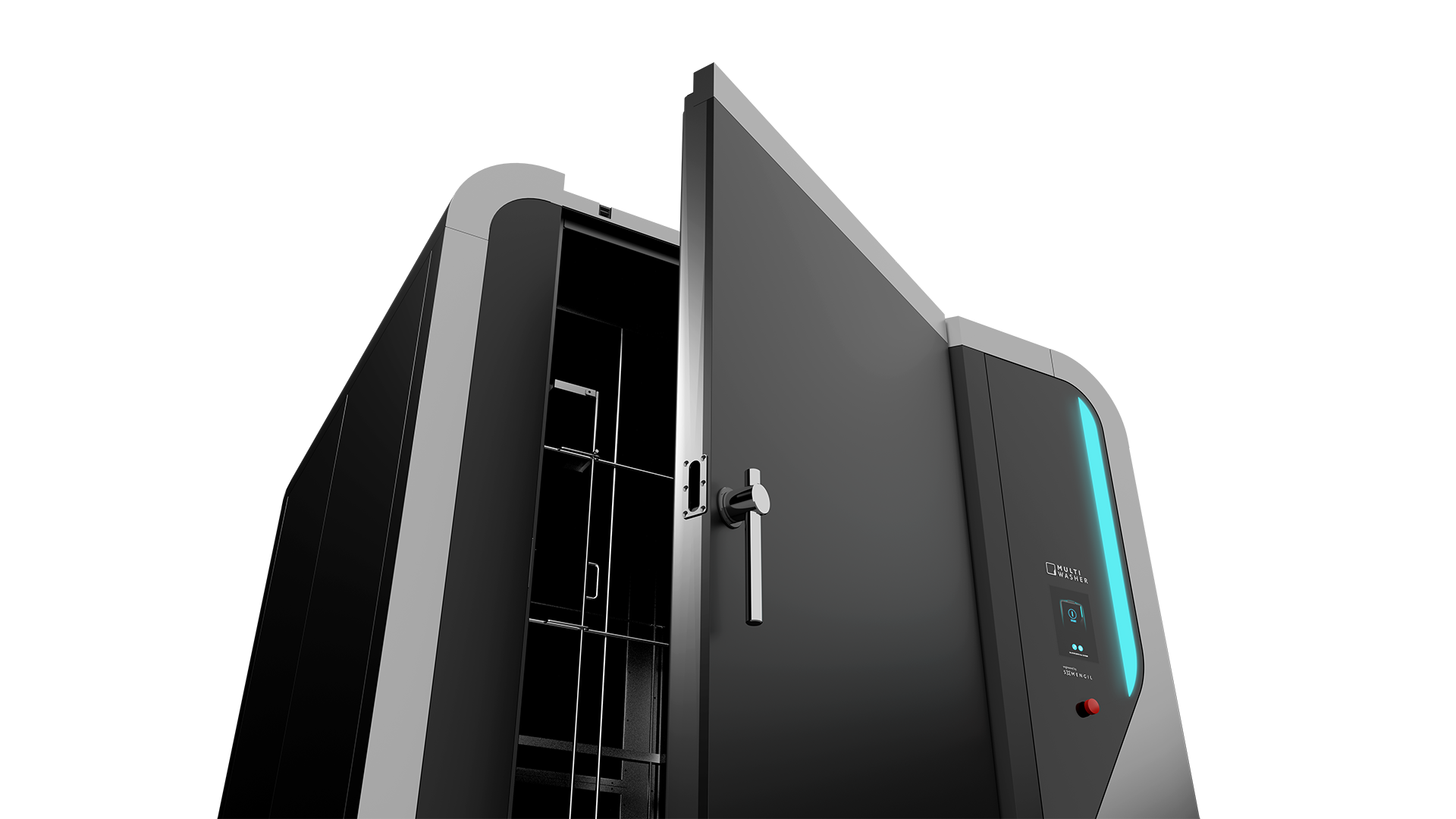
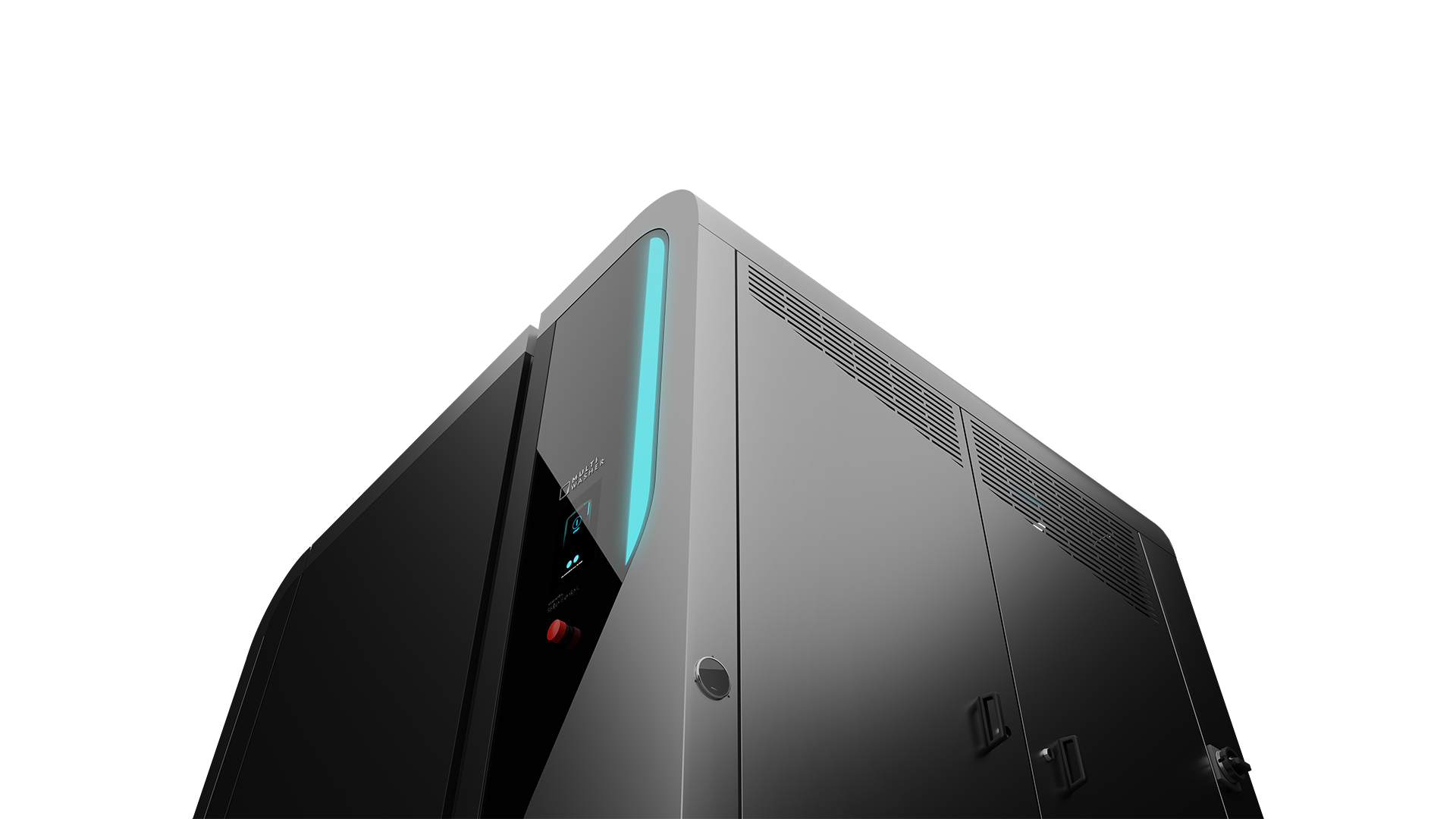

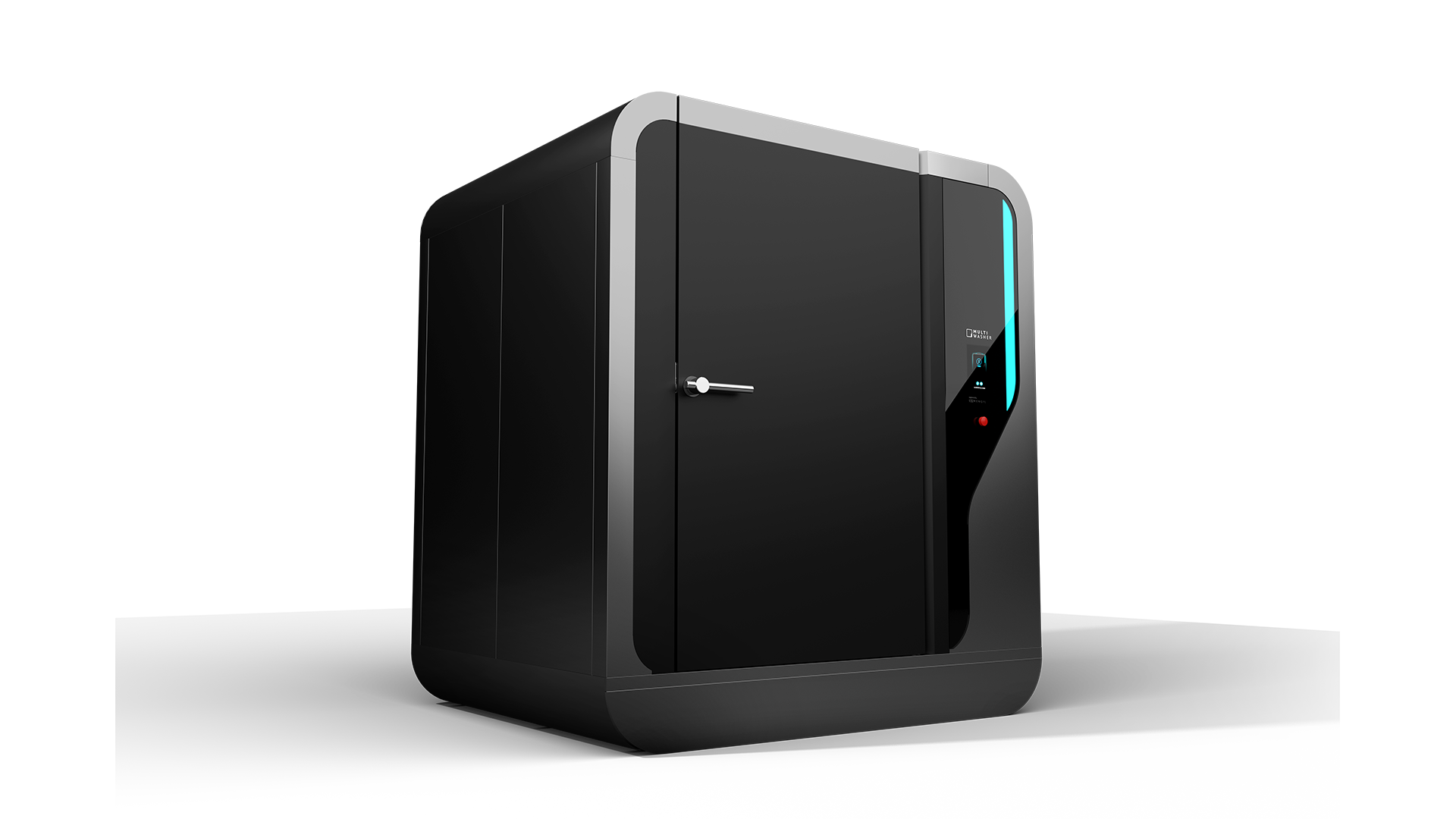
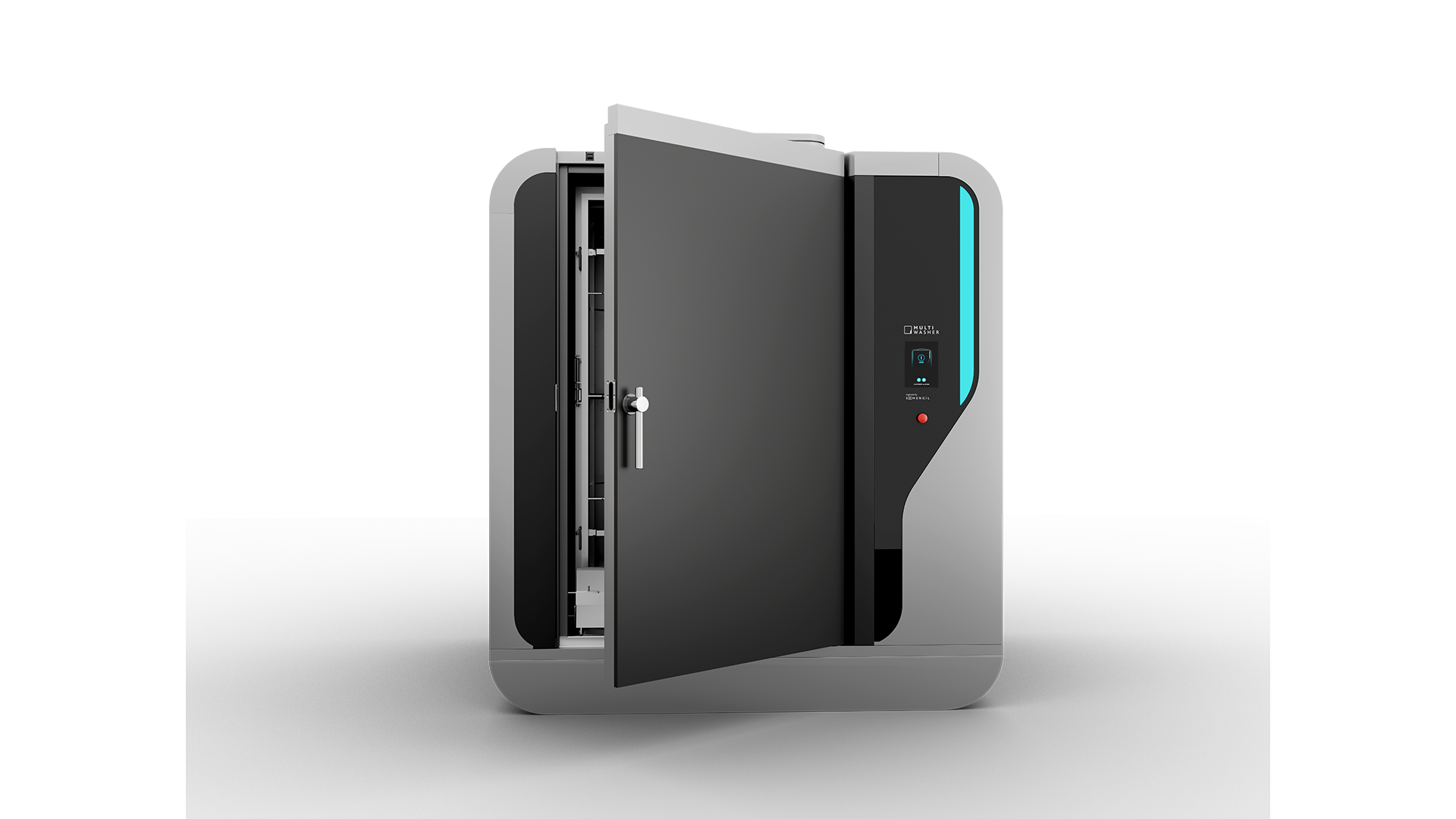
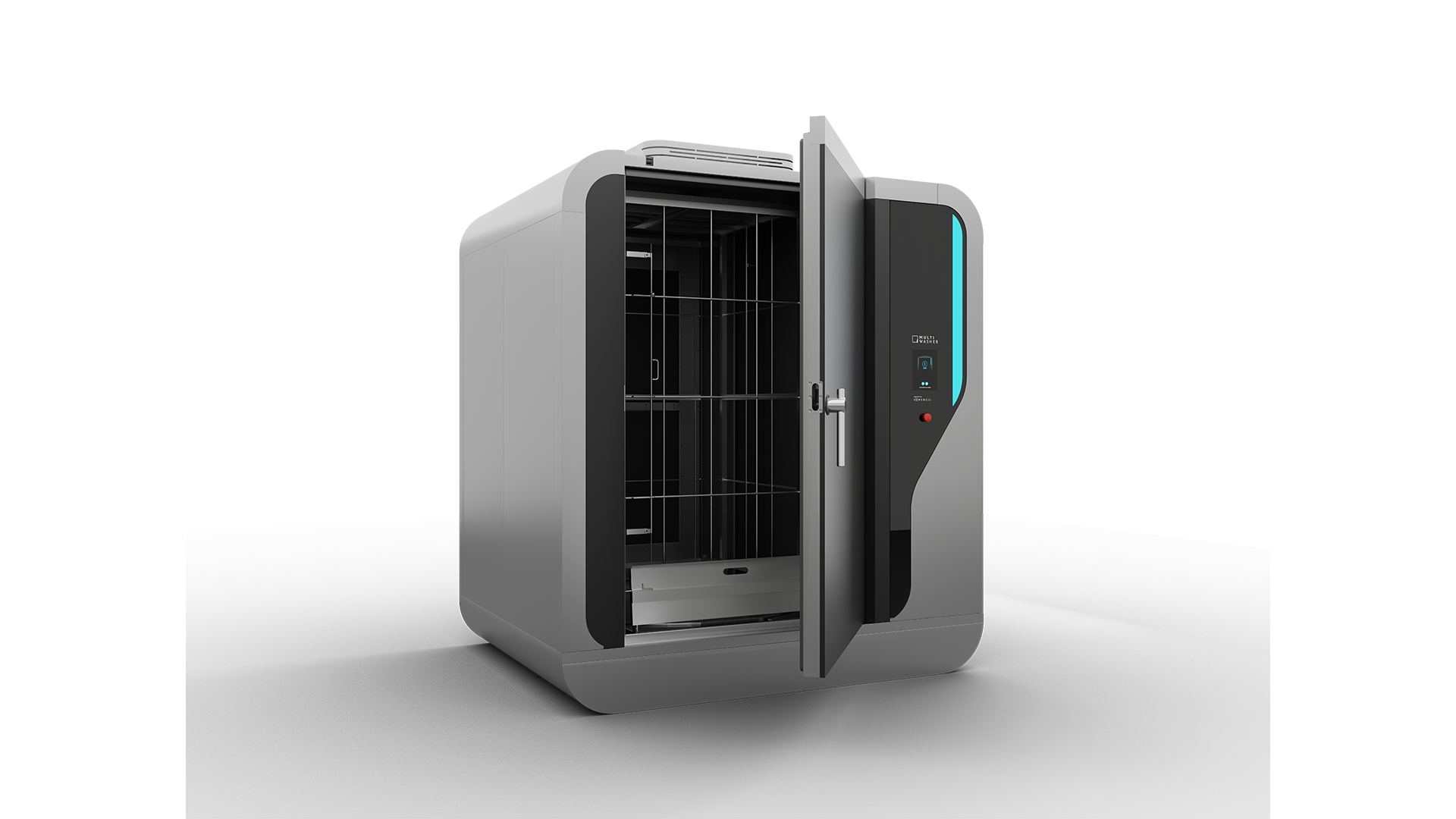
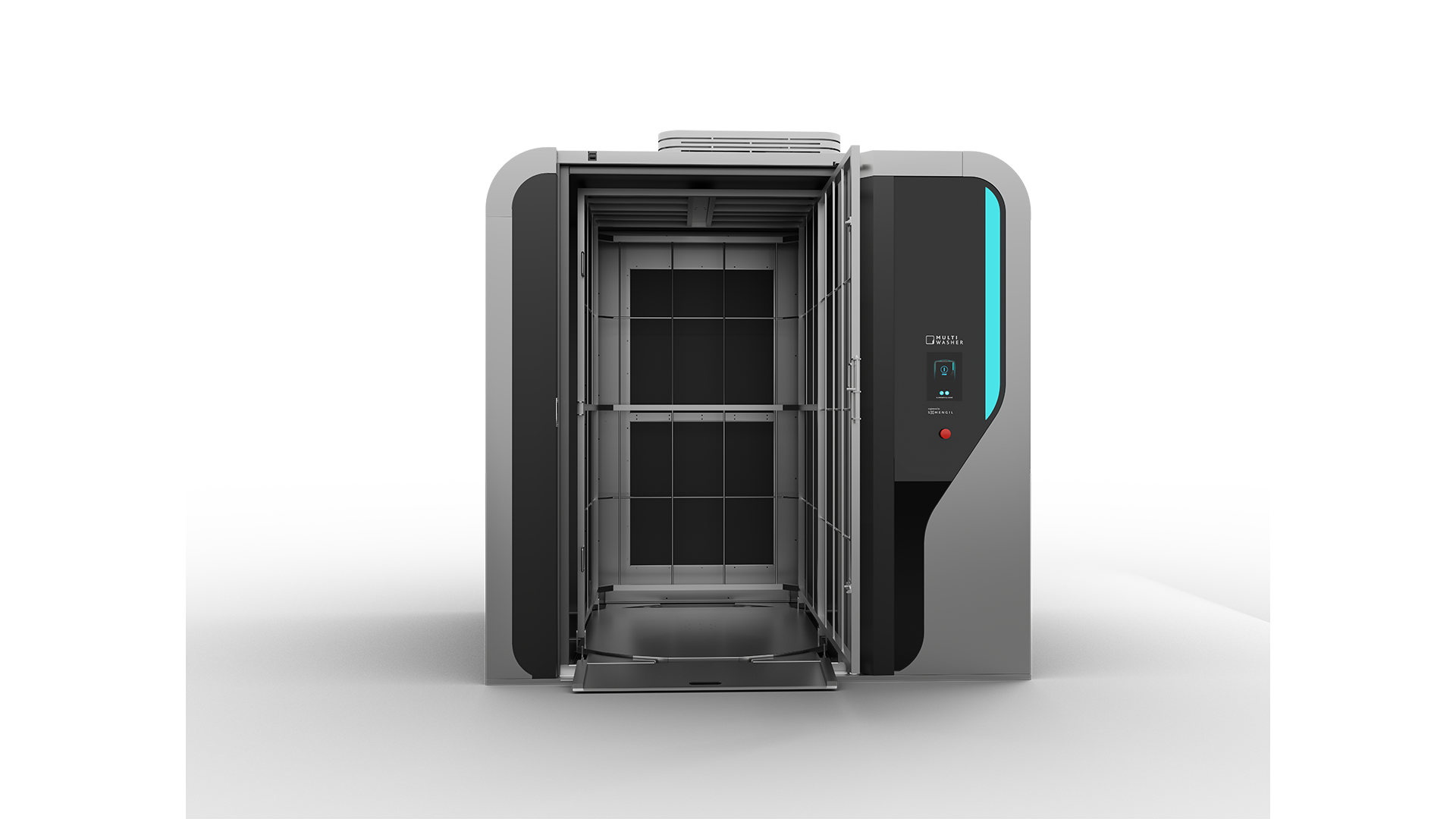
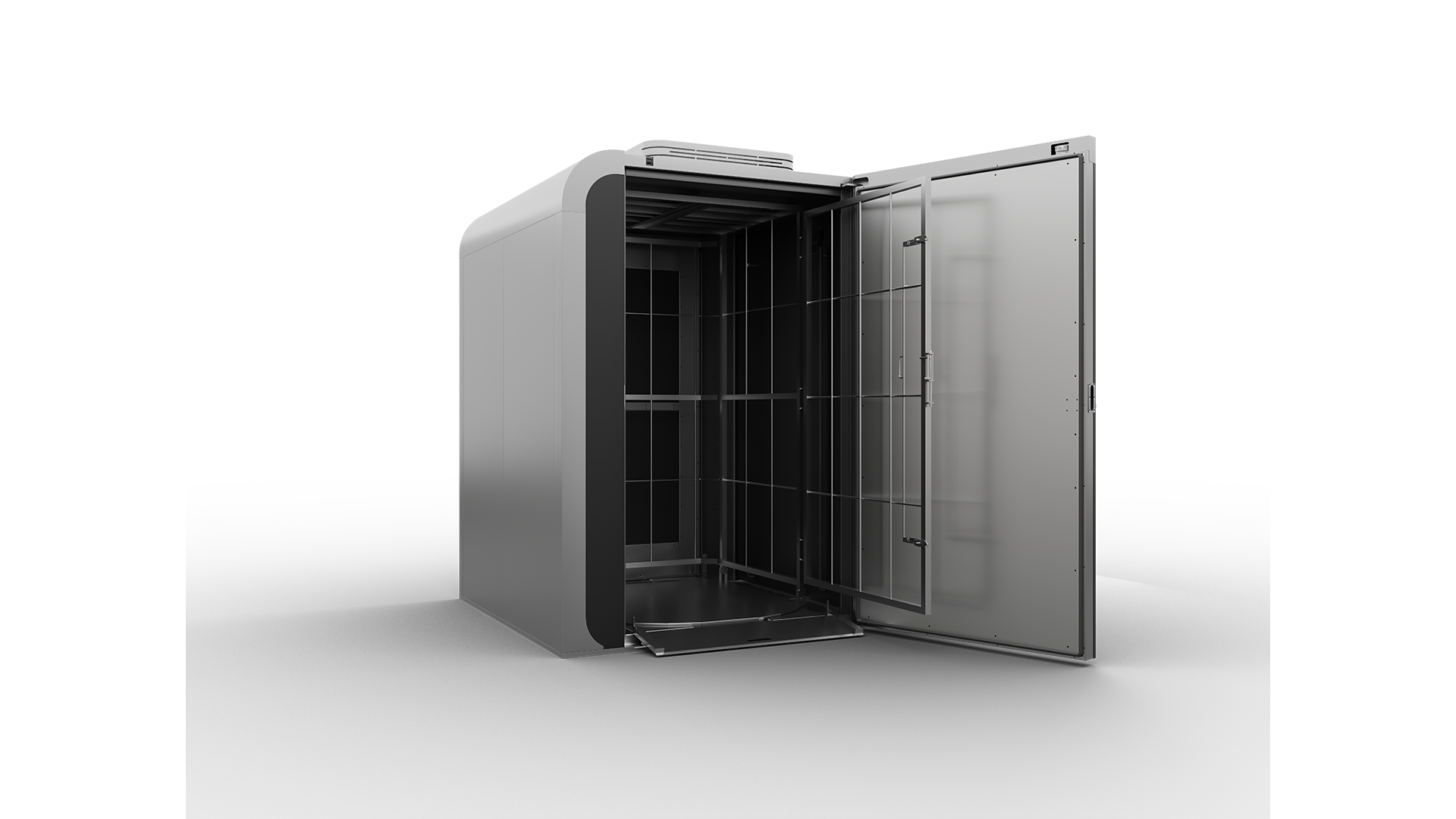
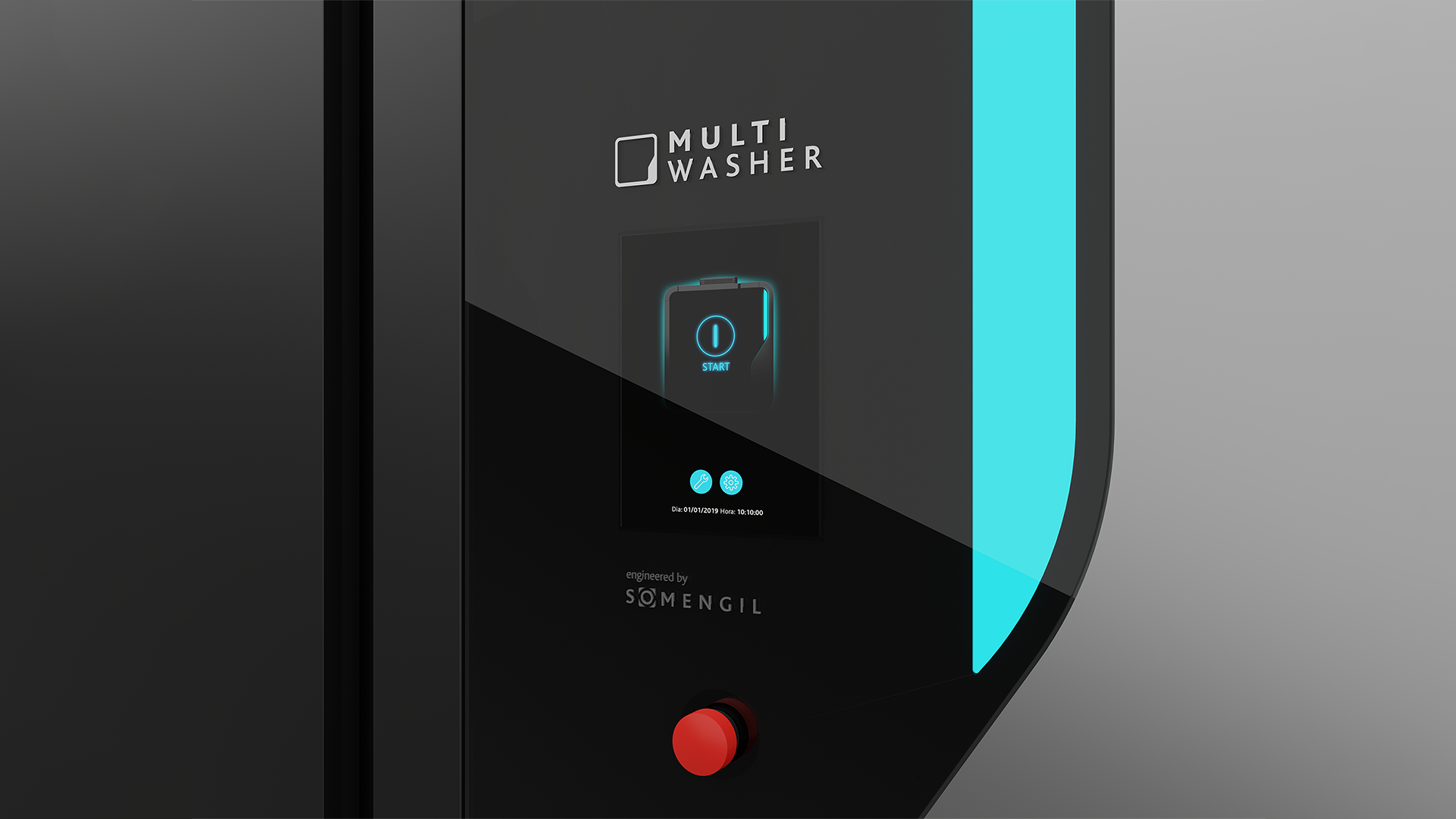
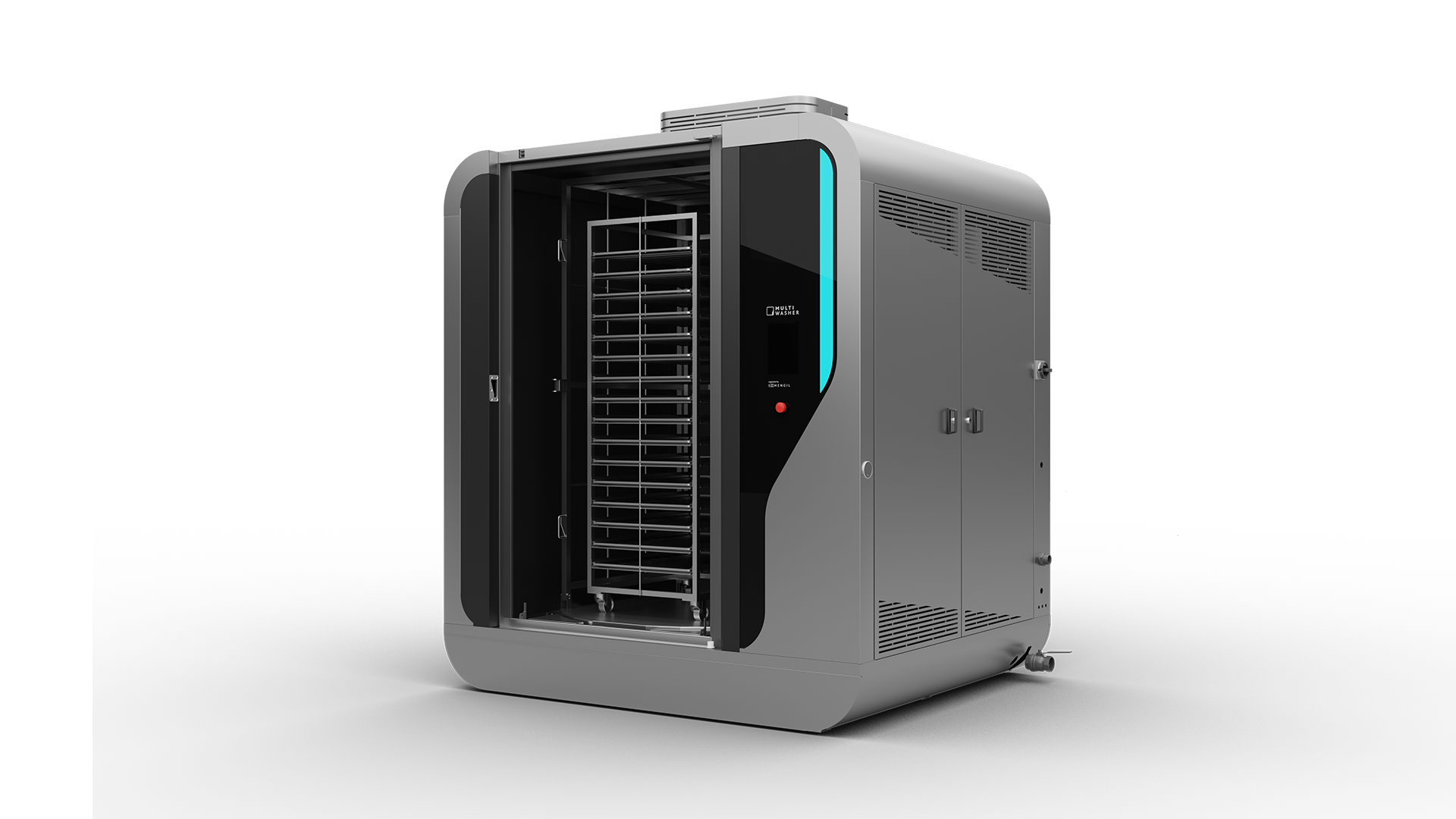
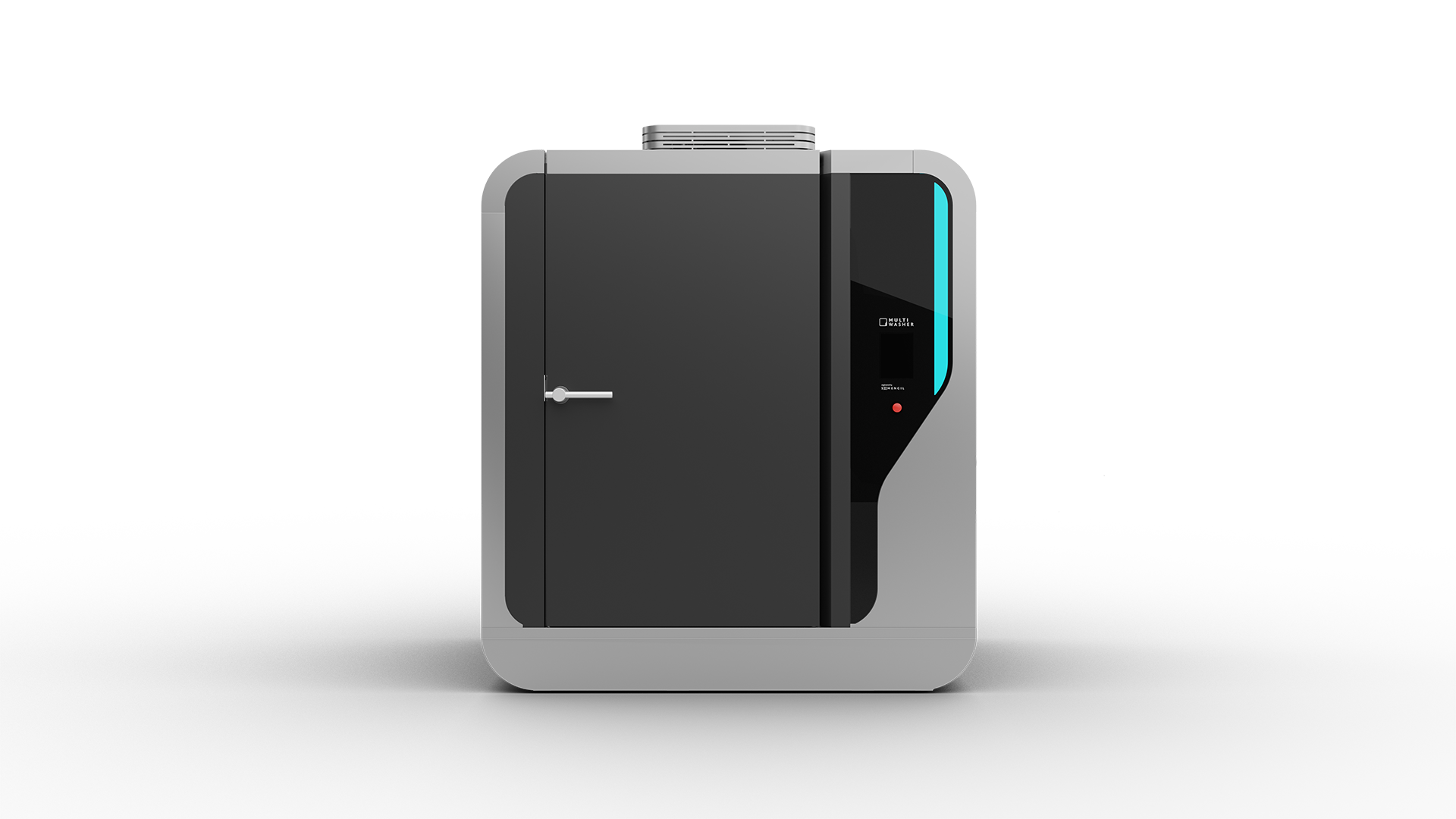


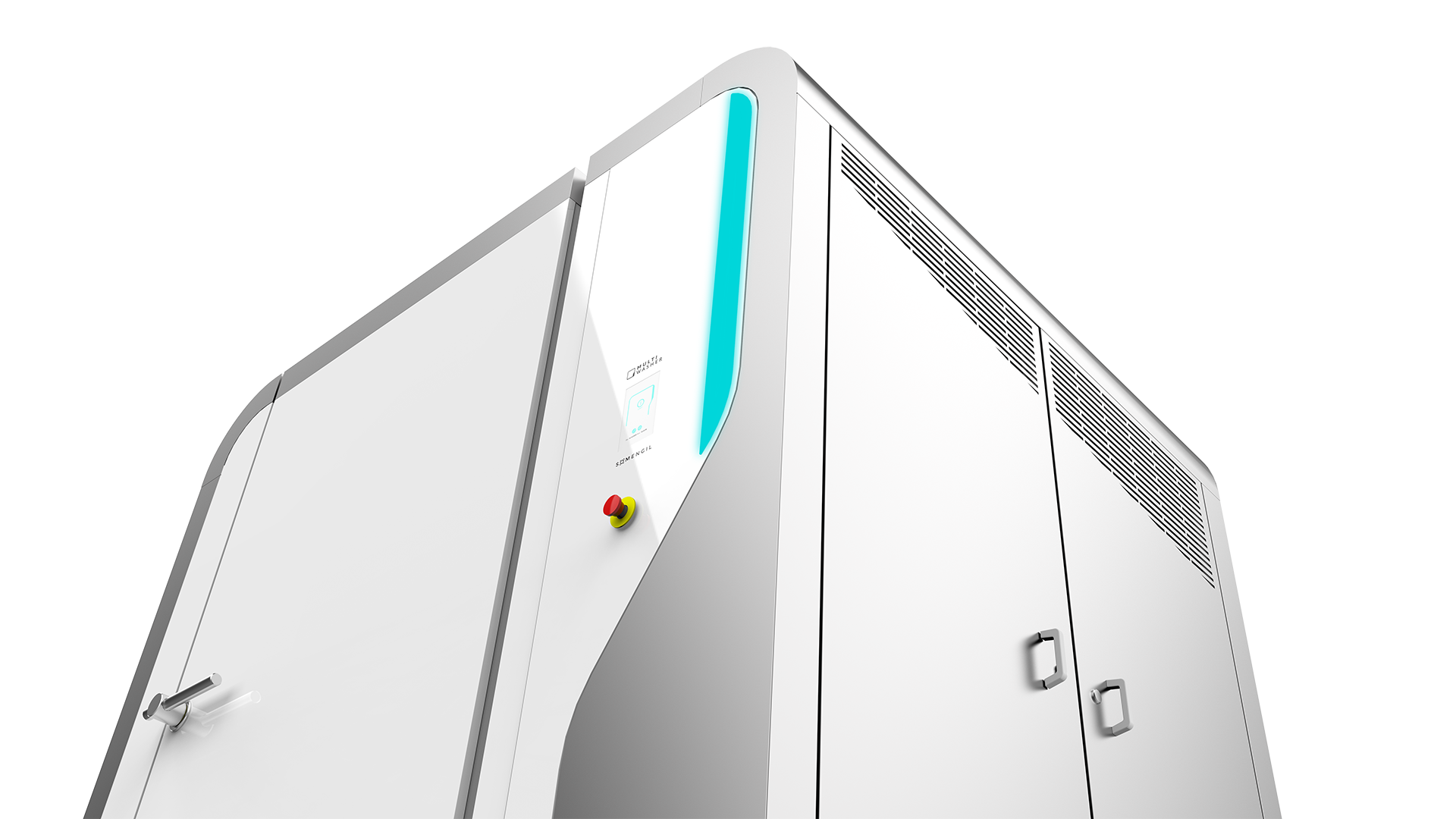
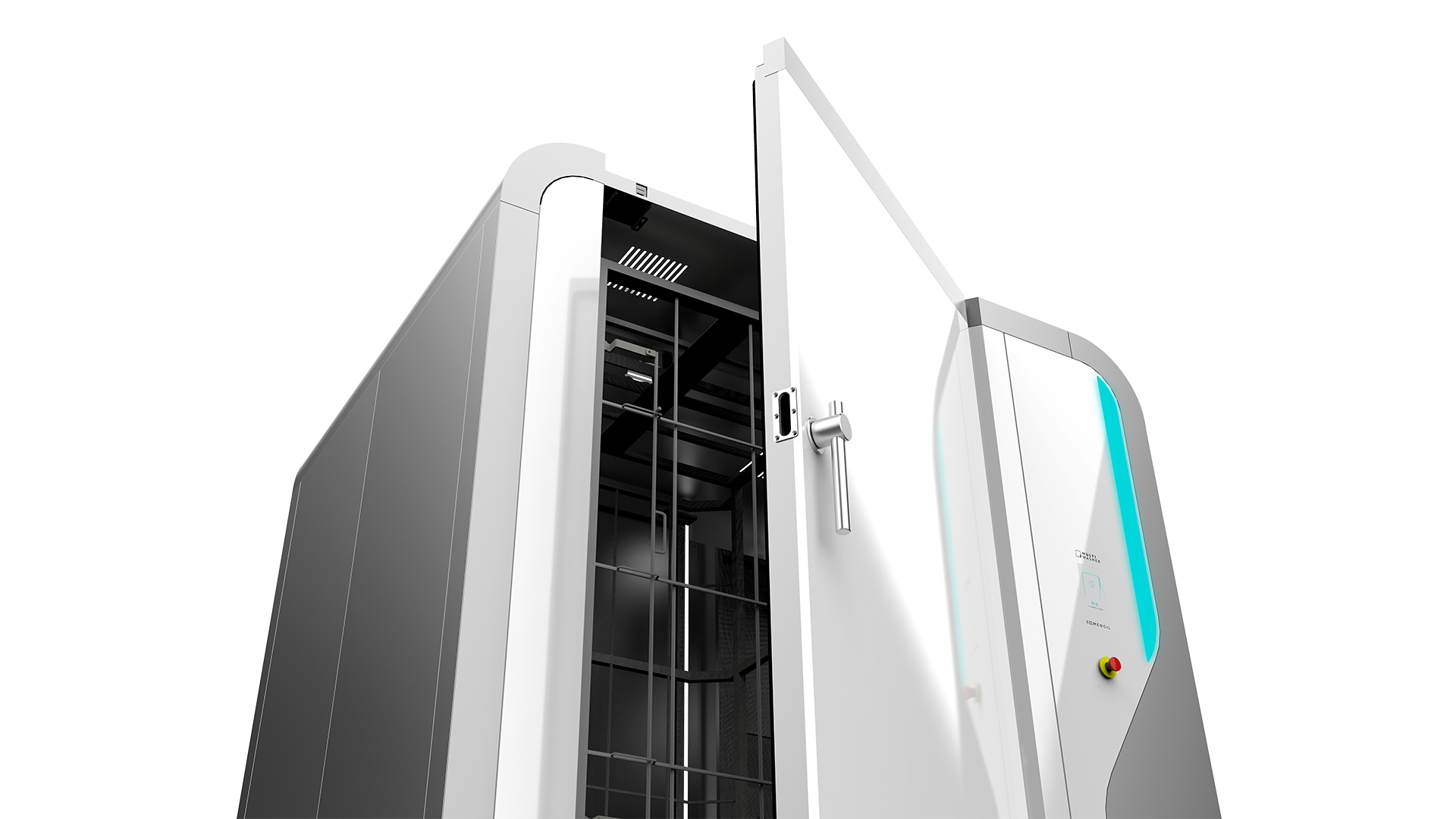
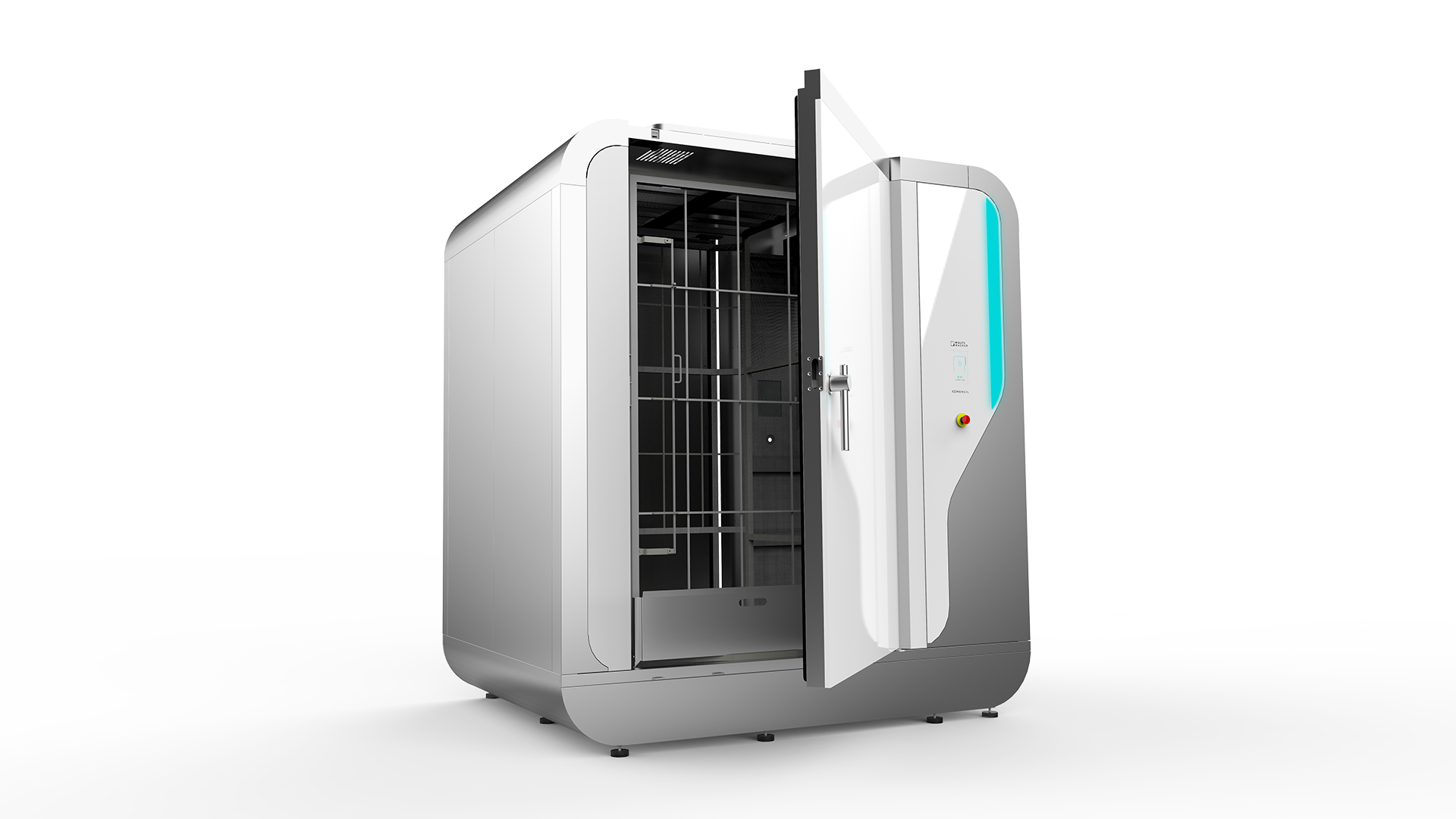
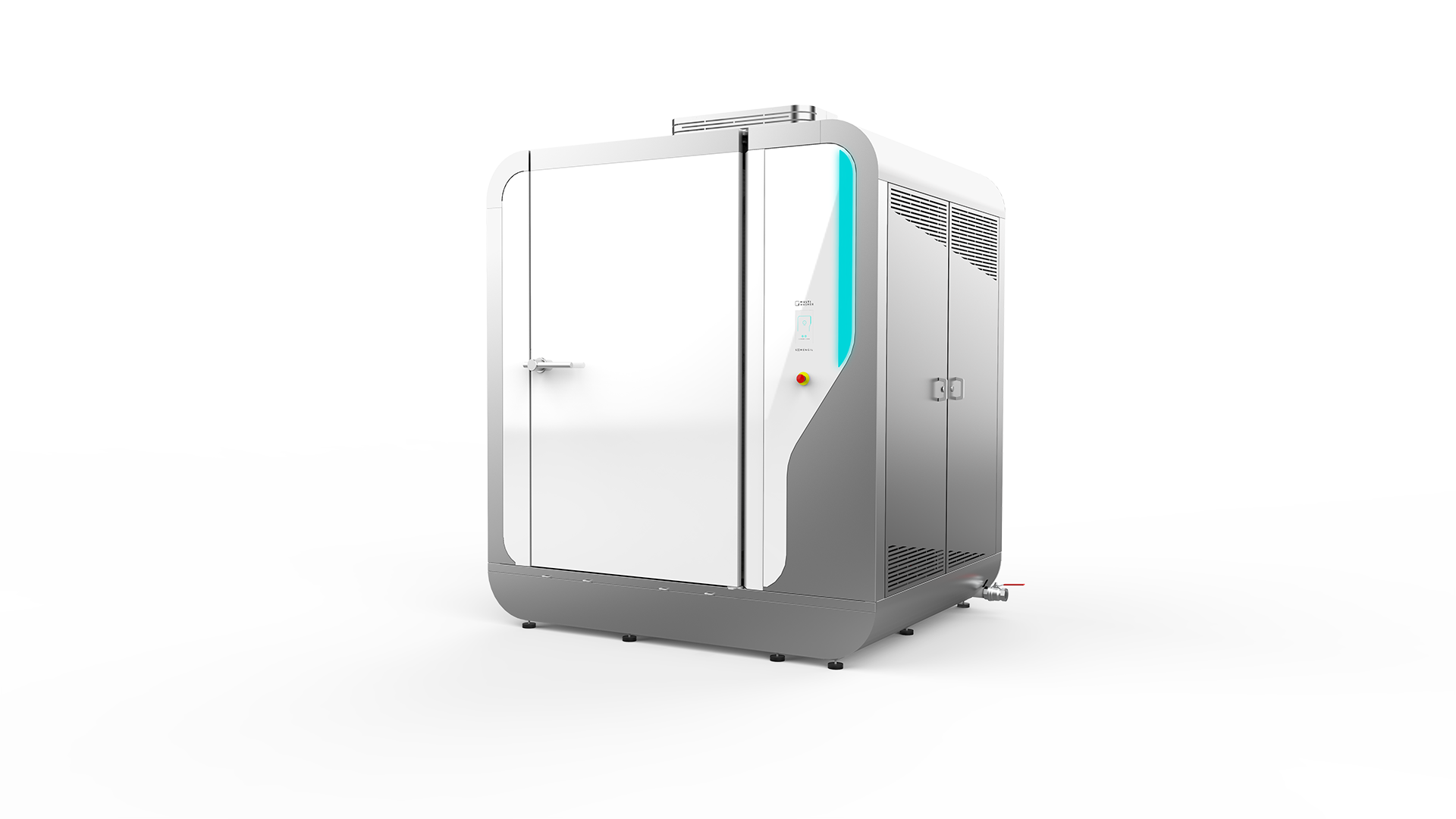
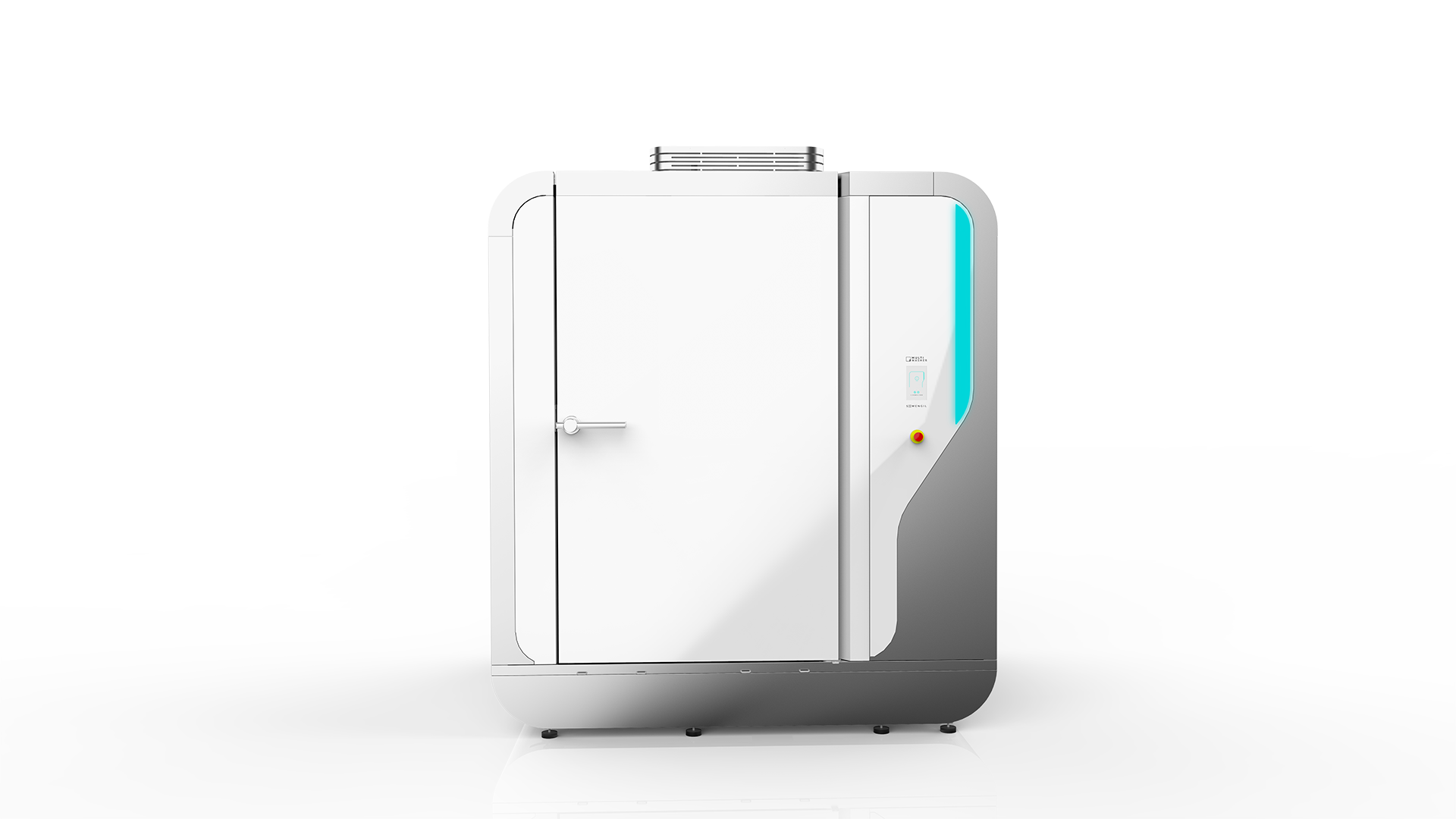
 Portugal
Portugal United Kingdom
United Kingdom United States
United States France
France Spain
Spain Germany
Germany Romania
Romania Italy
Italy Czech Republic
Czech Republic Finland
Finland Hungary
Hungary Slovakia
Slovakia Greece
Greece Lithuania
Lithuania South Korea
South Korea Russia
Russia Saudi Arabia
Saudi Arabia Poland
Poland Brasil
Brasil Hebrew
Hebrew